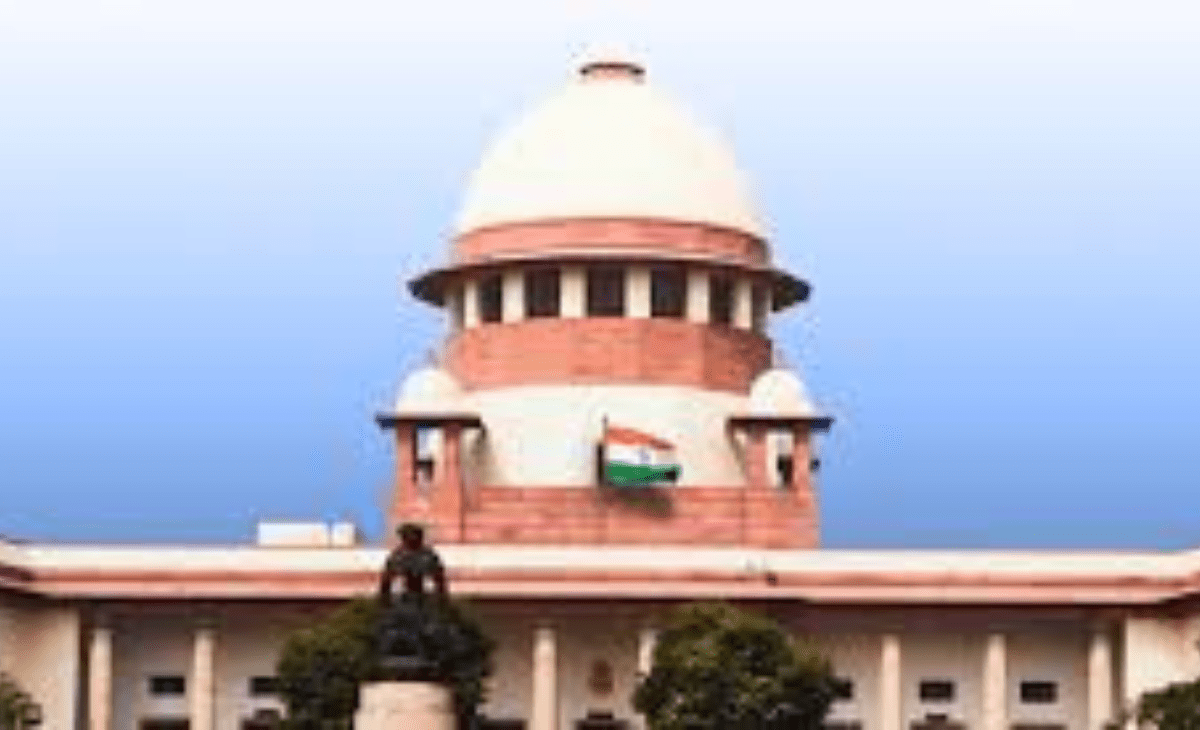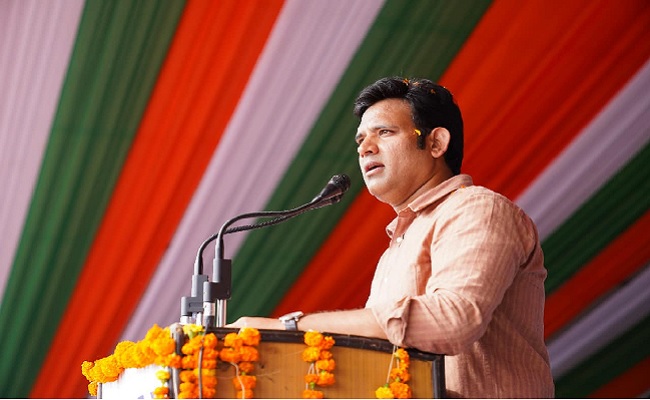Munish Sood
Shimla: In a major legal and financial triumph, the Supreme Court of India has ruled in favour of the Himachal Pradesh government, directing JSW Energy to pay 18% royalty from its 1,045 MW Karcham-Wangtoo hydropower project. This decision is expected to bring in over ₹250 crore in additional annual revenue for the state.
The ruling overturns a May 2024 Himachal Pradesh High Court judgment that had favoured the company. It marks the second significant legal victory for the Sukhvinder Singh Sukhu-led government, following the Wildflower Hall hotel ownership win earlier this year.
Case Background:
JSW Energy’s Karcham-Wangtoo project, operational since September 2011, had been paying 12% royalty for the first 12 years, as per its 1999 agreement with the state. From September 2023, the royalty was contractually required to increase to 18%, but JSW refused, leading the state to challenge the matter in court.
After the High Court sided with JSW, the state government filed a Special Leave Petition in the Supreme Court, asserting its contractual rights.
Legal Team
Under Chief Minister Sukhu’s direct oversight, a strong legal team, including Senior Advocate Kapil Sibal, Advocate Prag Tripathi, Advocate General Anup Kumar Rattan, and Additional AG Vaibhav Srivastava, successfully argued that the original contract’s royalty clause was legally binding.
The Supreme Court accepted the state’s plea, restoring Himachal Pradesh’s entitlement to the increased 18% royalty.
Massive Fiscal Impact
The decision is projected to yield ₹150 crore annually from the Karcham-Wangtoo project alone, and possibly ₹250 crore+ from similar hydropower projects in the future.
“This is not just a financial win—it’s a reclaiming of Himachal’s rights over its natural wealth,” said a state government spokesperson.
Following the Wildflower Hall ruling, this decision reinforces CM Sukhu’s reputation for defending state resourcesthrough legal means. The government remains committed to leveraging water, forests, and tourism for public benefit, not private gain.
The ruling is being seen as a watershed moment for resource revenue rights in India’s federal framework.





